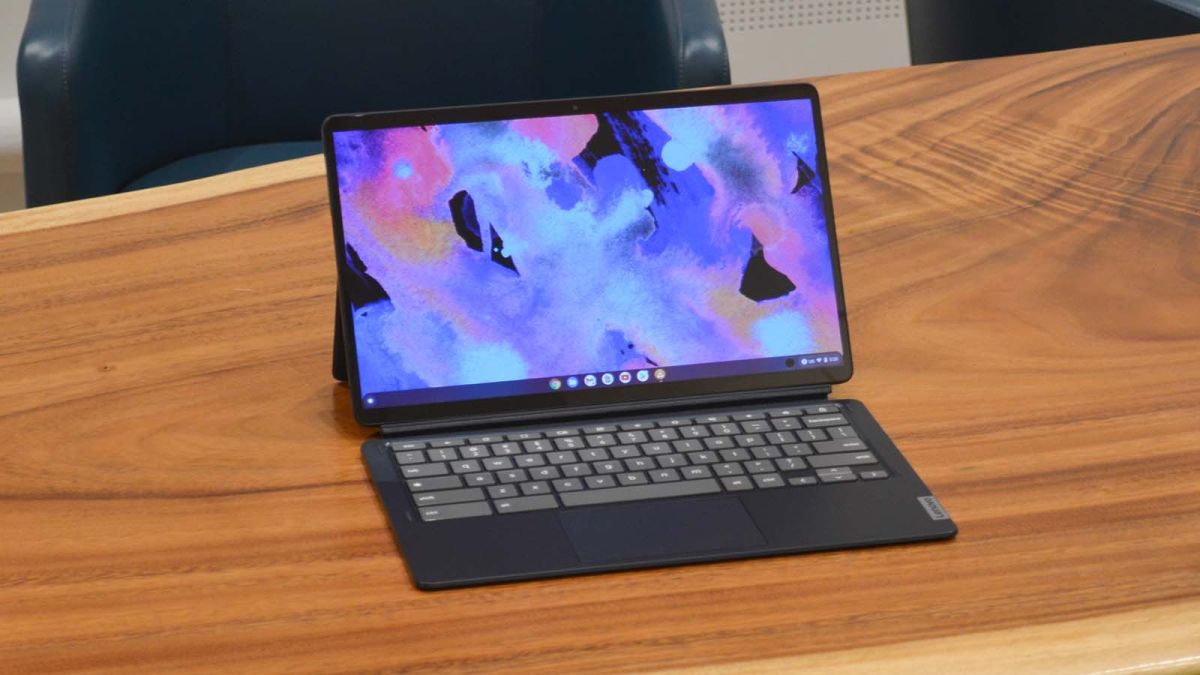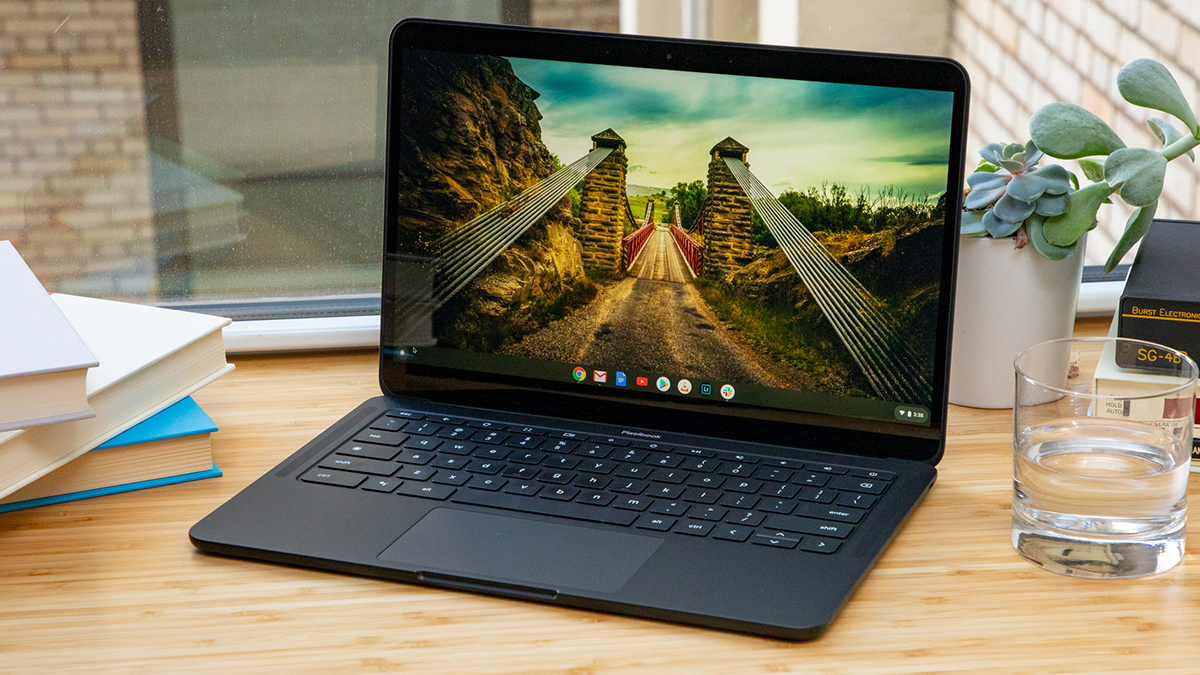Google might have a radical plan to beat Apple’s iPad – turn ChromeOS into Android and take over the tablet world
Is Google planning to poach the high-end tablet market?

- Google is apparently planning to transform ChromeOS into Android
- This new OS could be the best of both worlds for tablets
- It could be the OS to power a rumored Pixelbook laptop
Google could be planning to completely change ChromeOS and essentially turn it into Android, in an effort to build an operating system that’s better suited to tablets – and poaching iPad buyers from Apple.
Android Authority claims to have a source (as ever, an anonymous one) who describes a fresh initiative underway at Google which is a multi-year project to effectively transform ChromeOS into Android.
This would come with some obvious benefits – instead of working across two operating systems, desktop (well, laptop) and mobile, Google would just have to develop the one multi-platform OS.
And it’d address a serious problem Google has faced: Android’s failure, as it stands, to capture enough tablet market share, and specifically premium tablets, where Apple’s iPad very much holds court. This is an area where hybrid 2-in-1 Chromebooks have failed to make a meaningful impact, too.
So, the idea would be to forge a new path forward, one that makes better use of the development resources at Google.
It’s debatable exactly what the end result might look like, mainly because it’s still early days, and Google probably doesn’t know itself yet – assuming this rumor is true in the first place. Or it's an idea that Google is currently kicking around, but will eventually boot out of play.
As Android Authority expects it to happen, this is about migrating ChromeOS to the Android platform – while obviously keeping enough of the desktop flavor of the current incarnation of ChromeOS to make it suitable for laptops and tablets.
Get daily insight, inspiration and deals in your inbox
Sign up for breaking news, reviews, opinion, top tech deals, and more.
Analysis: An AI-infused Pixel laptop running Android?

Interestingly, we recently heard a separate rumor about Google mulling the resurrection of its Chromebook Pixel laptop range, which was canned a while ago now. So, the further theory is that this future laptop might run the new Android take on ChromeOS, when (or if, rather) it eventually arrives.
How likely does this new rumor seem? It’s perhaps a firmer prospect than it would be otherwise simply due to the fact that Google is already moving in this direction. We saw evidence of this earlier in 2024 when the company merged parts of the Android OS with ChromeOS.
So, the Android-ification of ChromeOS is already underway, in fact, and guess what one of the major drivers is here? If you said AI then award yourself with a pat on the back, because yes, what’s being ported over currently – which includes building the Android Linux kernel and Android frameworks into ChromeOS – is about ensuring AI features can benefit Chromebooks. More broadly, though, it’s easy to imagine this is leading down the very road this rumor pins down as Google’s ultimate destination.
So, if we imagine a future Chromebook Pixel, or Pixelbook perhaps, it might run on what’s essentially a desktop-oriented flavor of Android, and it’ll likely bristle with AI features. With Google also getting the benefit of an OS that really fits a tablet – and doesn’t miss the mark in some respects, like Android for tablets, or Chromebook hybrid tablets (2-in-1 devices) on ChromeOS, neither of which are ideal for a slate.
At that point, the battle to challenge the iPad could step up a gear. (Apple holds over half the tablet market, at around 55%, going by the latest global market figures from Statcounter – but the higher-end will be even more pronounced a win for Tim Cook’s firm).
This seems to be the working theory for now at least, but it’s early days for these rumors – and even if Google is thinking along those lines, who knows where development of these projects might lead (if anywhere).
You might also like
Darren is a freelancer writing news and features for TechRadar (and occasionally T3) across a broad range of computing topics including CPUs, GPUs, various other hardware, VPNs, antivirus and more. He has written about tech for the best part of three decades, and writes books in his spare time (his debut novel - 'I Know What You Did Last Supper' - was published by Hachette UK in 2013).